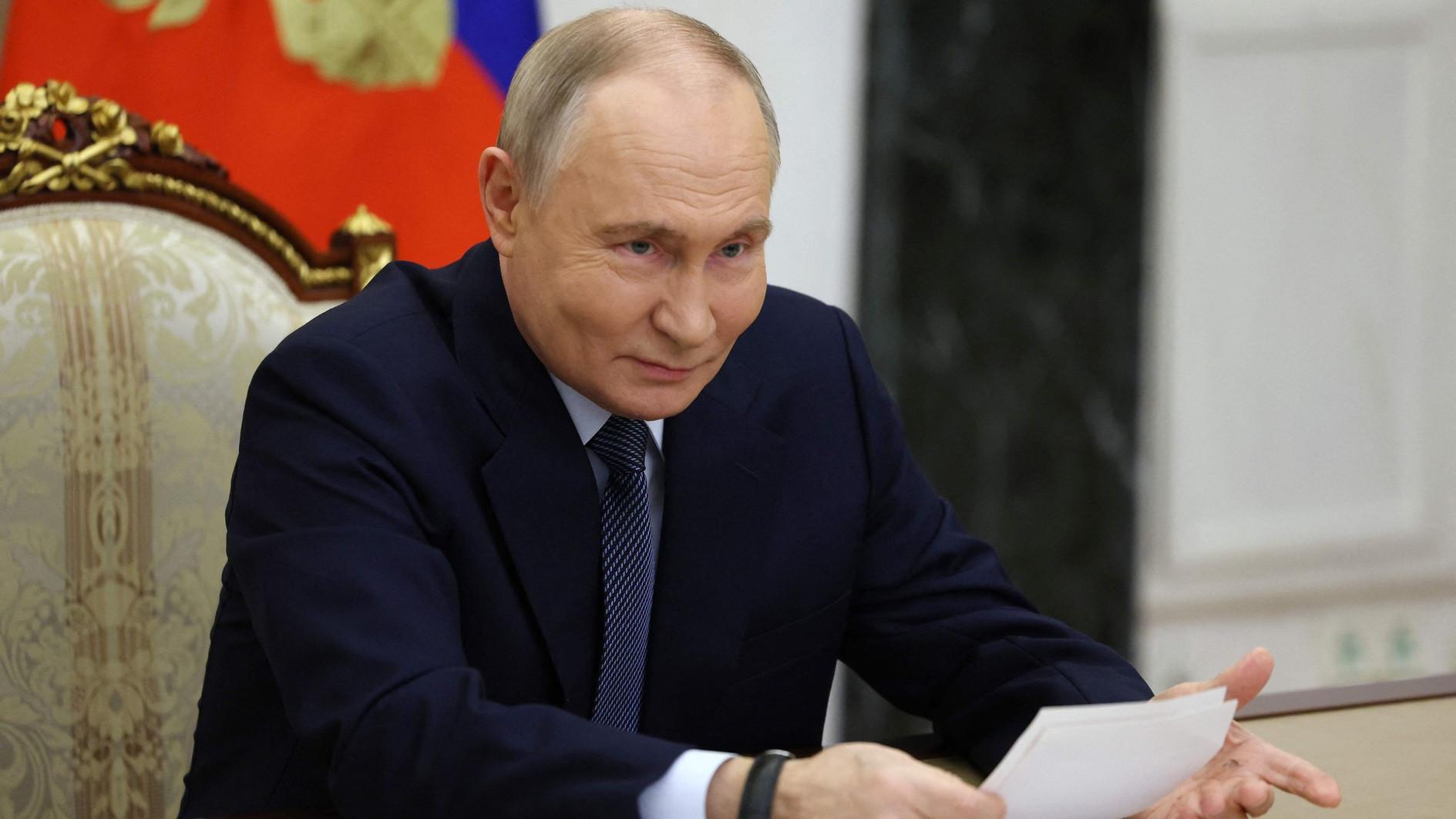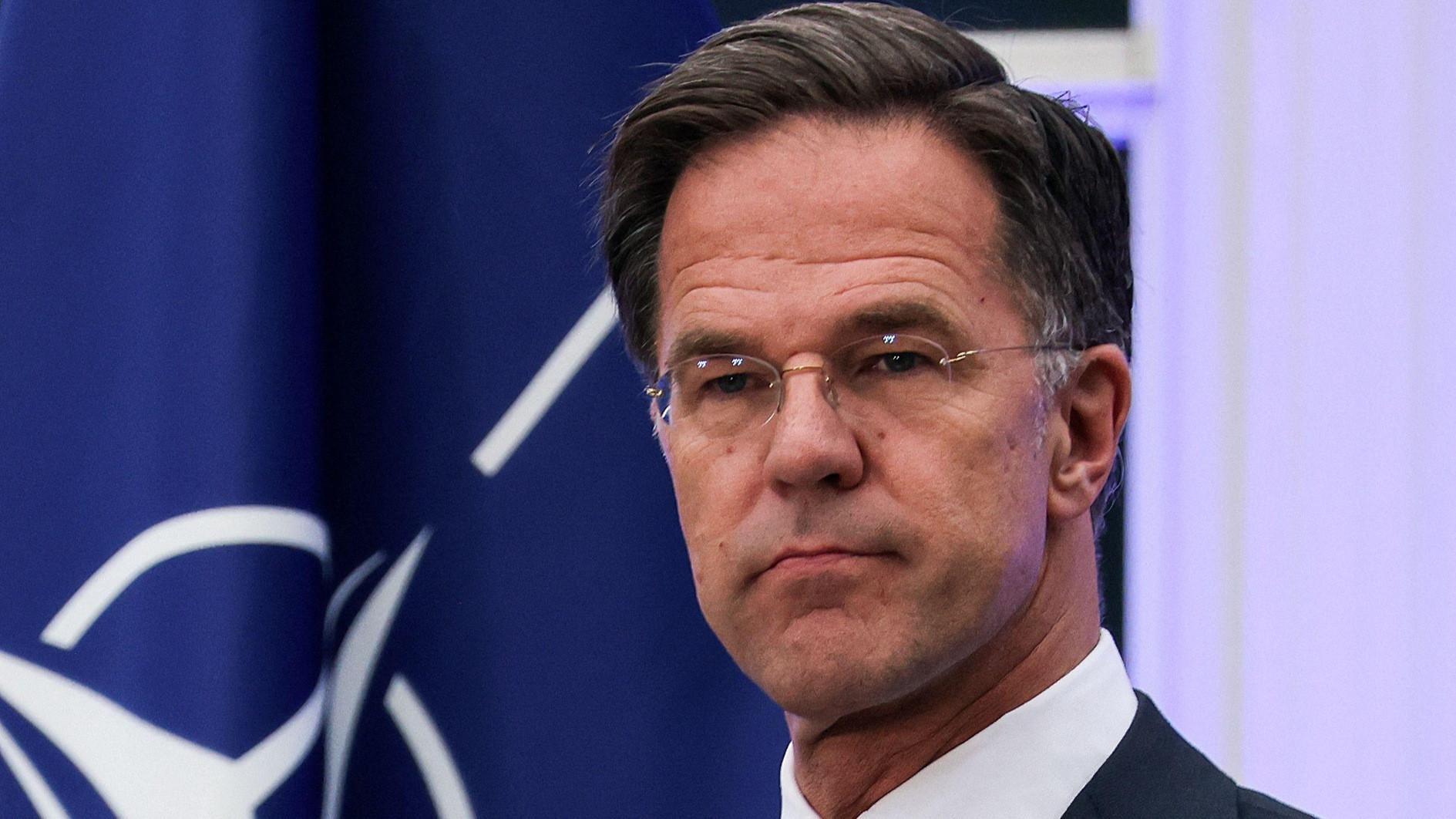World’s banks may be asked to raise capital
Bloomberg
Current requirements are "still not enough," Wellink said yesterday in Kuala Lumpur, where he was attending a forum on microfinance. The Basel proposal, still under discussion, may be completed in the first half of next year, he said.In the U.S., the Federal Reserve is due to publish today the results of stress tests on banks that may determine how much more capital they need to raise. Worldwide, lenders should focus on the quality of capital, rather than just the size of reserves, Wellink said, adding that the current crisis is far from over.
"It will make the world a lot safer, but I’m not sure it’s going to be enough to zero the risks," said Joseph Tan, Singapore-based chief Asian economist at Credit Suisse Group.
"This is one small piece in a greater puzzle" and derivatives markets may need separate attention, Tan said.
The Basel Committee on Banking Supervision said in March that banks will have to hold more capital, though it didn’t say by how much requirements may rise from the global benchmark of about 8 percent of assets. The committee drafts capital-adequacy guidelines that each country decides for itself how to apply.
"I wouldn’t exclude that the capital buffer, the size of the buffer, would amount to several percentage points" beyond the existing minimum, Wellink told reporters. "But it’s important to add one thing - we will build up the buffer only after the crisis."
Wellink, also a European Central Bank council member, declined to comment on monetary policy before today’s ECB meeting. The ECB will probably lower its benchmark rate by a quarter percentage point to 1 percent, according to surveys.
There’s "anecdotal evidence" the global economic crisis is easing, though there are also negative indicators, said Wellink. It’s a "mixed picture" because financial institutions haven’t yet stabilized, he said.
So-called dynamic provisioning, where banks accumulate money during good times to create a buffer during slowdowns, is "not a bad idea" to introduce worldwide to prepare for the next crisis, said Wellink. Details of any proposal haven’t been agreed on, he said.
















